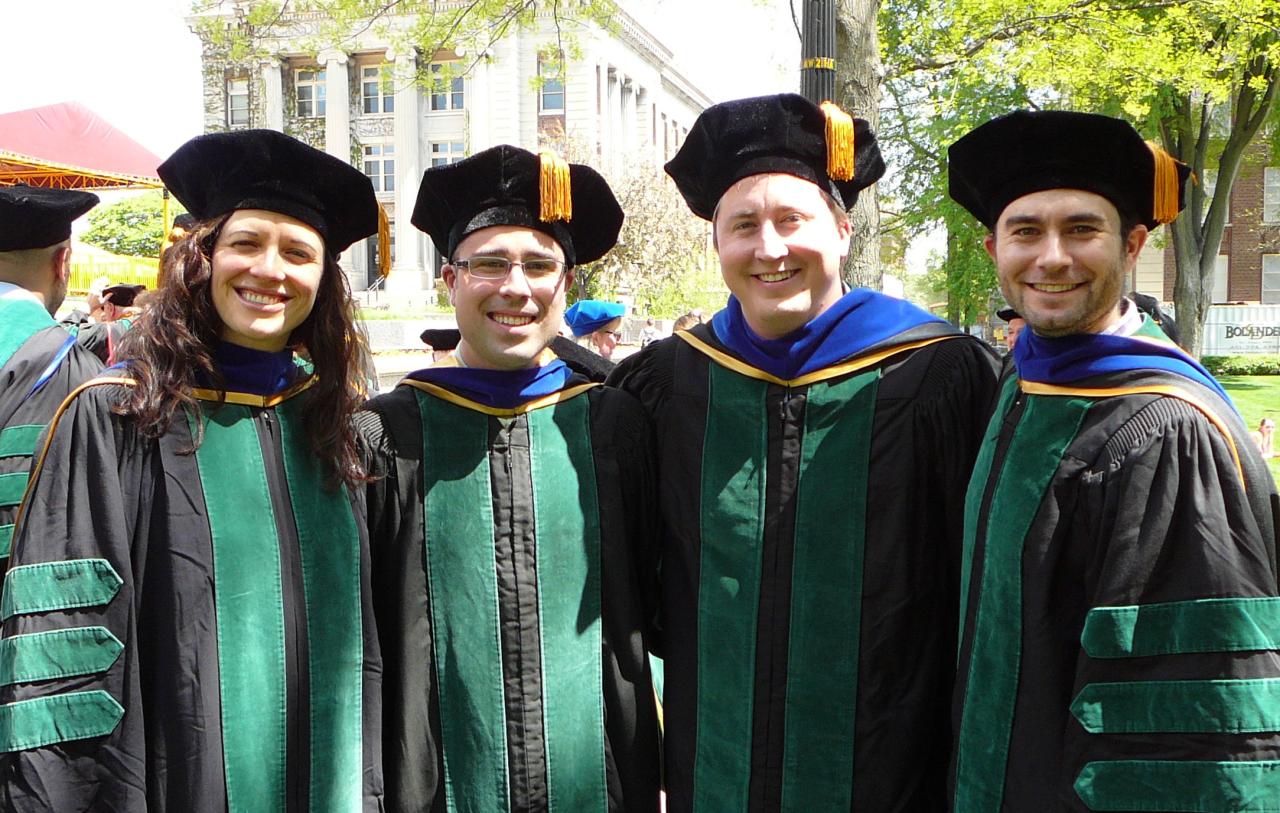University of Minnesota MSTP graduate programs stand as a beacon for aspiring medical scientists, offering a rigorous and rewarding path to a career at the forefront of research and clinical practice. This program, established with a commitment to excellence, blends the best of medical and scientific training, equipping graduates with the knowledge, skills, and experience to make significant contributions to the field.
The MSTP program at the University of Minnesota boasts a rich history and a strong reputation for producing highly qualified graduates. It is known for its diverse research opportunities, exceptional faculty, and comprehensive clinical training. The program’s commitment to interdisciplinary research and collaboration fosters a dynamic learning environment where students can explore cutting-edge scientific advancements and develop innovative solutions to complex health challenges.
Admissions and Application Process: University Of Minnesota Mstp Graduate Programs
The University of Minnesota Medical Scientist Training Program (MSTP) is a highly selective program, and the admissions process is rigorous. Prospective applicants should carefully review the admissions requirements and application process to ensure they meet all criteria.
Admissions Requirements, University of minnesota mstp graduate programs
The MSTP program requires a strong academic background, excellent standardized test scores, and a compelling personal statement.
- Academic Qualifications: Applicants must have a bachelor’s degree from an accredited institution. A strong academic record, including a high GPA in science courses, is essential.
- Standardized Test Scores: Applicants must submit scores from the Medical College Admission Test (MCAT) and the Graduate Record Examination (GRE). The MSTP program does not have specific score requirements, but competitive applicants generally have high scores in all sections of both exams.
- Letters of Recommendation: Applicants must submit at least three letters of recommendation from individuals who can attest to their academic abilities, research experience, and personal qualities. Letters should be from faculty members, research mentors, or other individuals who can provide insightful evaluations.
- Personal Statement: The personal statement is an opportunity for applicants to demonstrate their interest in biomedical research, their career goals, and their reasons for applying to the MSTP program. The statement should be well-written, concise, and specific, highlighting the applicant’s unique skills, experiences, and motivations.
- Research Experience: The MSTP program strongly emphasizes research experience. Applicants are expected to have significant experience in a research setting, ideally through a research internship, independent research project, or other related activities.
Application Process and Deadlines
The application process for the MSTP program is typically as follows:
- Submit Application Materials: Applicants must submit their application materials online through the American Medical College Application Service (AMCAS) and the Graduate Record Examinations (GRE). The application deadline is typically in late October or early November.
- Interview Invitations: Applicants who meet the minimum requirements will be invited for an interview. Interviews are typically held in January or February.
- Admissions Decisions: Admissions decisions are typically made in March or April.
Tips and Advice for Prospective Applicants
- Start Early: The application process for the MSTP program is lengthy and demanding. Prospective applicants should begin preparing early to ensure they have ample time to meet all deadlines and submit a strong application.
- Seek Mentorship: Applicants should seek out mentors who can provide guidance and support throughout the application process. Mentors can help applicants identify research opportunities, prepare for standardized tests, and write compelling personal statements.
- Highlight Your Strengths: The MSTP program is highly competitive, so it is important to highlight your strengths in your application materials. Focus on your research experience, academic achievements, and personal qualities that demonstrate your commitment to biomedical research.
- Be Prepared for the Interview: The interview is a critical part of the admissions process. Applicants should prepare for the interview by researching the MSTP program, practicing their answers to common interview questions, and developing a list of questions to ask the interviewers.
Conclusion

The University of Minnesota MSTP program is a transformative journey that prepares graduates for successful careers in academia, clinical practice, and industry. With its exceptional faculty, cutting-edge research opportunities, and comprehensive support services, the program provides a solid foundation for future leaders in medicine and science. For those seeking a challenging and rewarding path to a fulfilling career, the University of Minnesota MSTP program is an excellent choice.
The University of Minnesota’s MSTP graduate programs offer a rigorous and comprehensive path for aspiring physicians and researchers. While focused on the medical sciences, it’s worth noting that the University of North Carolina offers a robust university of north carolina online mba program for those seeking to enhance their business acumen.
This combination of medical and business expertise could prove valuable for individuals seeking leadership roles within the healthcare industry, which is a natural progression for many University of Minnesota MSTP graduates.
